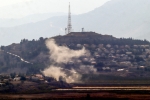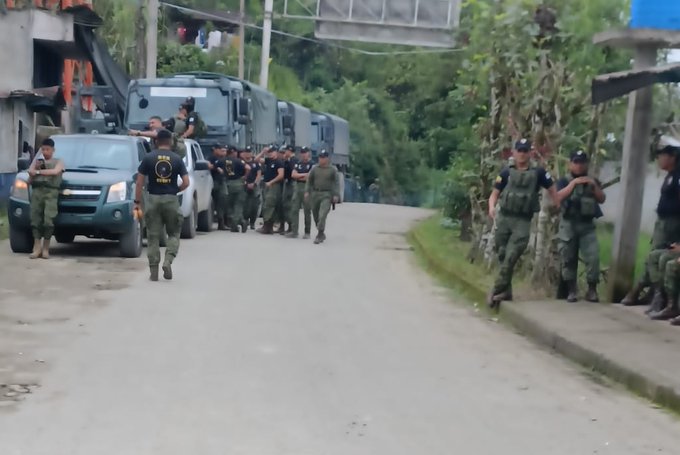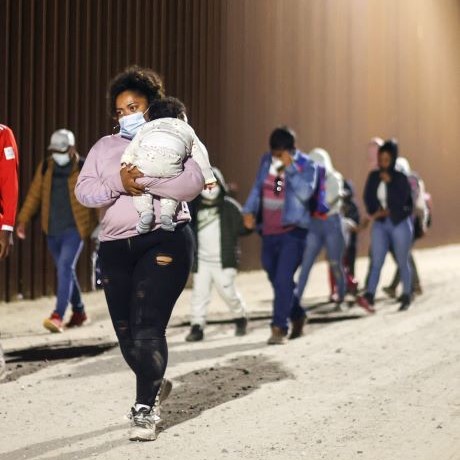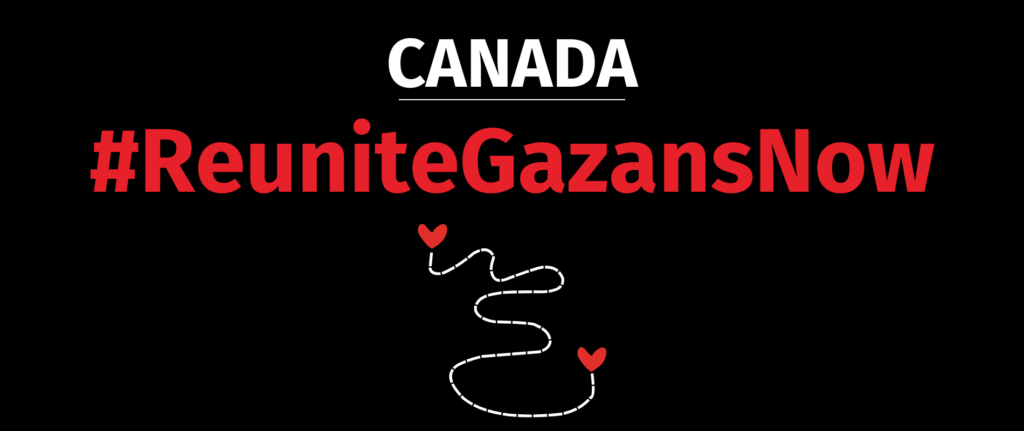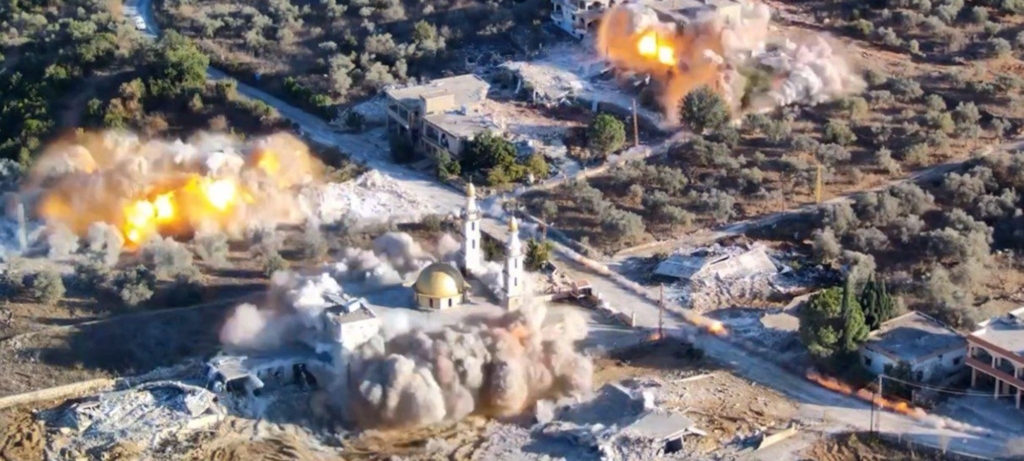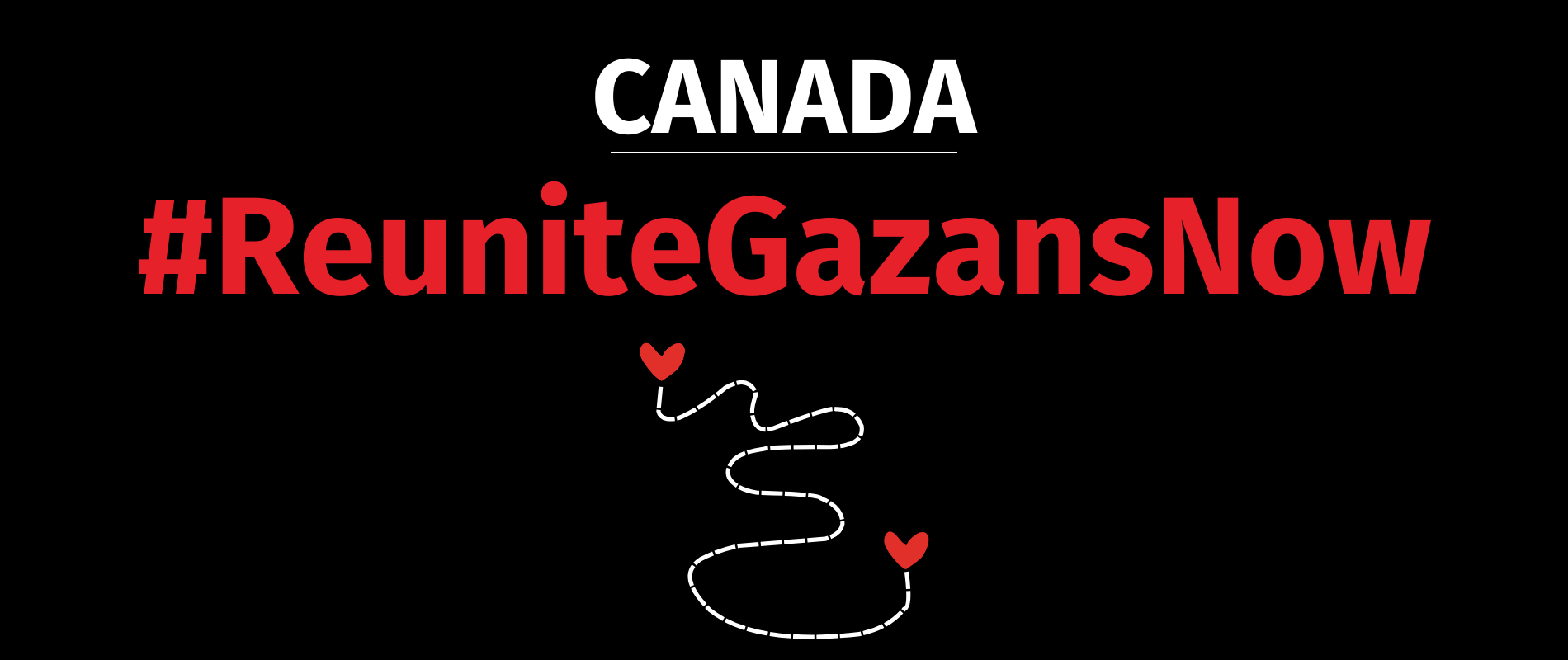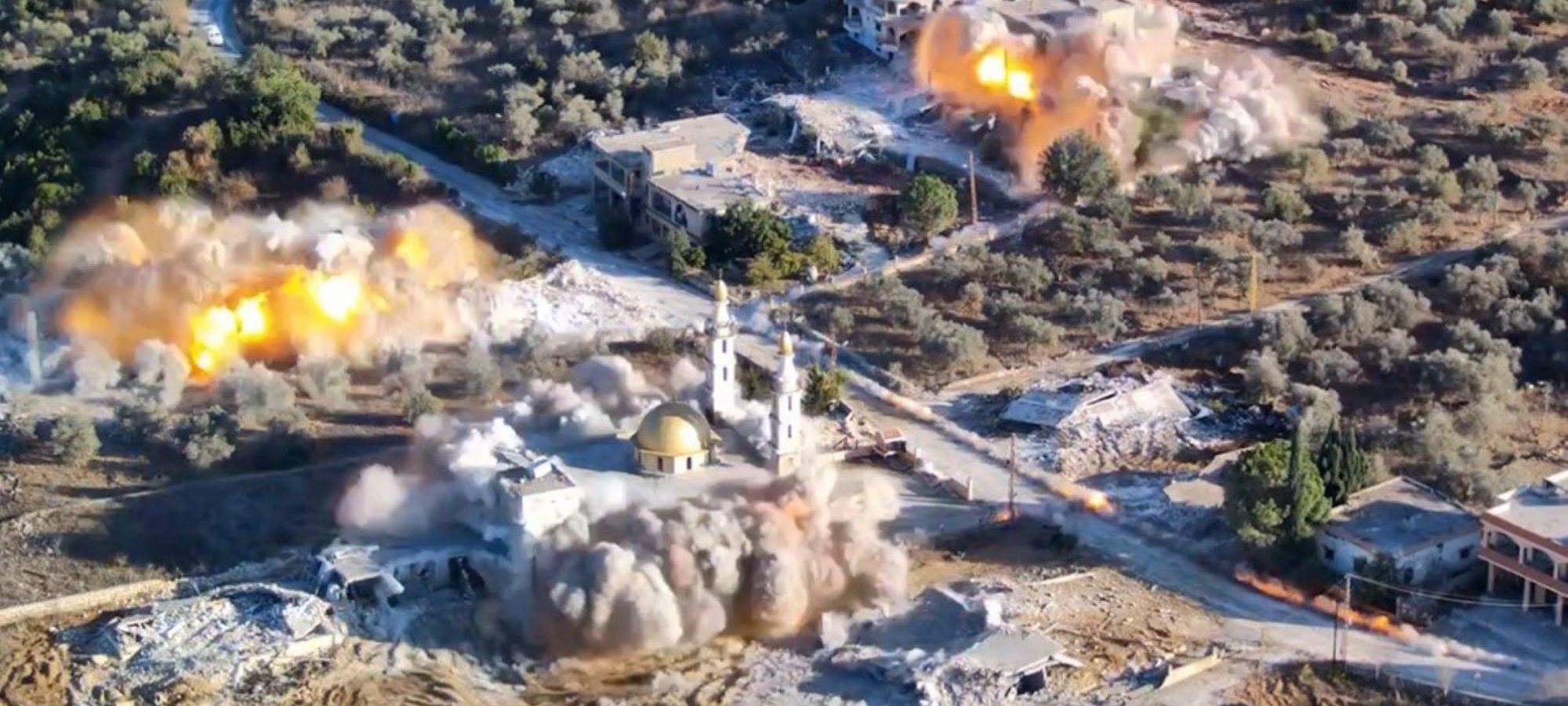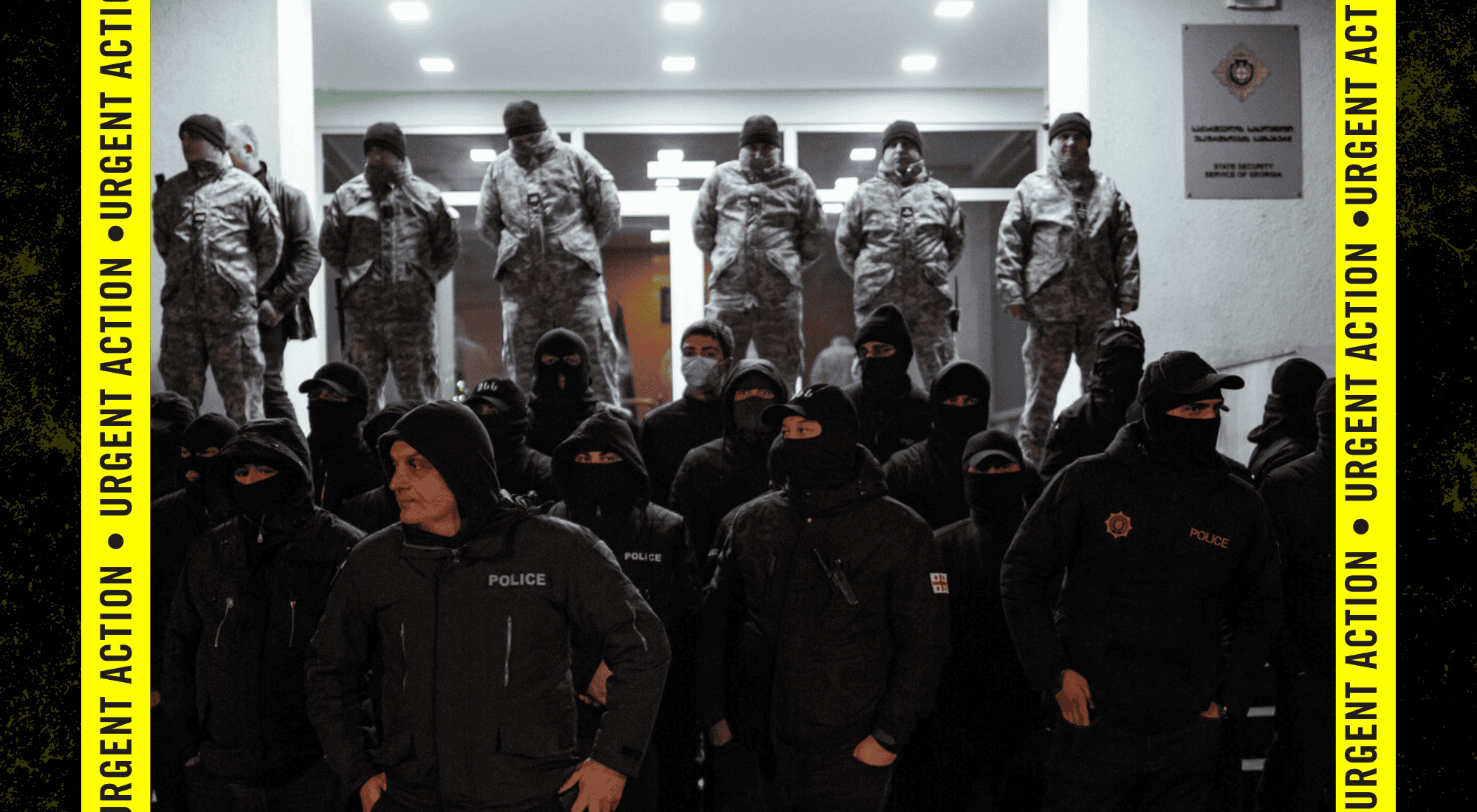Surging violence surrounding Canadian mining projects in Ecuador should raise red flags for the Canadian government as it commences trade talks with the Ecuadorian government, MiningWatch Canada, the Canadian Centre for Policy Alternatives, and Amnesty International Canada said Tuesday.
The organizations are concerned that a free trade agreement could exacerbate a dire human rights situation in Ecuador. They shared their concerns and recommendations in testimony to a study by Parliament’s Standing Committee on International Trade.
Canada has been clear that a goal of the negotiations is to promote more Canadian mining investment in Ecuador through a “modern, ambitious and inclusive trade agreement.” Yet community organizations and Indigenous peoples in Ecuador who will be impacted have not been consulted.
Human rights and Indigenous organizations in the South American country are sounding the alarm about human rights violations linked to existing Canadian projects.
Rubber bullets, tear gas used to quell protests against Canadian mining project
On March 19, Ecuadorian human rights organizations alleged police used rubber bullets and tear gas to quell protests against Canadian mining company Atico Resources’ La Plata project, in Ecuador’s central Cotopaxi province. According to the Alianza de Organizaciones por los Derechos Humanos (Alliance for Human Rights in Ecuador), at least 15 people were injured and one remains in a coma. Over 70 people were charged on accusations of terrorism to criminalize their legitimate right to protest.
The Indigenous-led protests stem from the Ecuadorian government’s attempt to revive a controversial environmental consultation into the La Plata project. The consultation process, which aims to extend mining exploration in the area, has been widely denounced by local and national Indigenous organizations for being a rubber stamp to permit mining, imposed by executive decree amid militarization, intimidation and police violence.
Indigenous and human rights defenders in Ecuador have appealed directly to the Canadian government to intervene in escalating violence surrounding another Canadian-owned mining project, the Warintza copper-gold mine on the territory of the Shuar Arutam Indigenous Nation.
A new report by Amnesty International expresses concern about the infringement of Indigenous people’s rights in Ecuador by extractive projects in their territories, as well as serious human rights violations committed by security forces during protests, and attacks on defenders of land, Indigenous territory and the environment. Amnesty International Canada’s Human Rights Agenda for Canada calls for guarantees that no free trade agreement will advance without meaningful consultation with affected Indigenous Peoples and their organizations and their free, prior and informed consent. The organization is also calling for credible, independent human rights and environment impact assessment of any proposed trade agreement.
FOR MEDIA INQUIRIES:
- Viviana Herrera, Latin America Program Coordinator for MiningWatch Canada, viviana@miningwatch.ca
- Cory Ruf, Media Officer, Amnesty International Canadian Section (English-Speaking), media@amnesty.ca
- Stuart Trew, Senior Researcher (Trade), Canadian Centre for Policy Alternatives, stuart@policyalternatives.ca
BACKGROUND:
- The Interprovincial Federation of Shuar Centres has called out Solaris Resources for causing community divisions that have erupted in violence. A complaint has been filed at the BC Securities Commission against Solaris for failure to disclose to investors the long-standing opposition by the Shuar Arutam to the project.
- Canada lacks mandatory human rights and environmental due diligence legislation. In the 2023 report of a country visit to Canada, the UN Special Rapporteur on the Rights of Indigenous Peoples identified shortcomings of the Canadian Ombudsperson for Responsible Enterprise (CORE): its placement within Global Affairs Canada and accountability to the Minister of International Trade; lack of protective mechanisms for individuals filing complaints, gender-based analysis and cultural sensitivity; and lack of authority to compel companies to provide both witnesses and documents.
- Canada and Ecuador are contemplating including strong investor protections and an investor-state dispute settlement (ISDS) process in the deal. Ecuador has faced at least 29 investor-state lawsuits under various investment treaties, including several cases from Canadian mining companies under a treaty with Canada that was terminated by Ecuador in 2018. In a 2023 report, UN Special Rapporteur David Boyd found that Investor State Dispute Settlements (ISDS) posed a “catastrophic” threat to the achievement of human rights and environmental protection. Ecuador’s Supreme Court ruled a recent trade deal with Costa Rica unconstitutional since it included an ISDS process, which was removed by the Noboa government to allow passage of the deal. In a referendum in Ecuador on April 21, more than 60% of voters said no to ISDS. Canada and Ecuador may still seek to get around this limitation in their free trade negotiations, given that Canadian mining industry stakeholders have requested ISDS.
Related posts:
- Joint statement on announcement of Canada-Ecuador Free Trade Agreement
- “This is Why We Say No!” Ecuadorian Indigenous Women and Rights Defenders Speak Out About Canada-Ecuador Free Trade Negotiations
- Ecuadorian Indigenous women and rights defenders bring concerns to Canada amid high-stakes trade negotiations
- Indigenous women’s voices missing in Canada’s concerning study of Ecuador FTA











